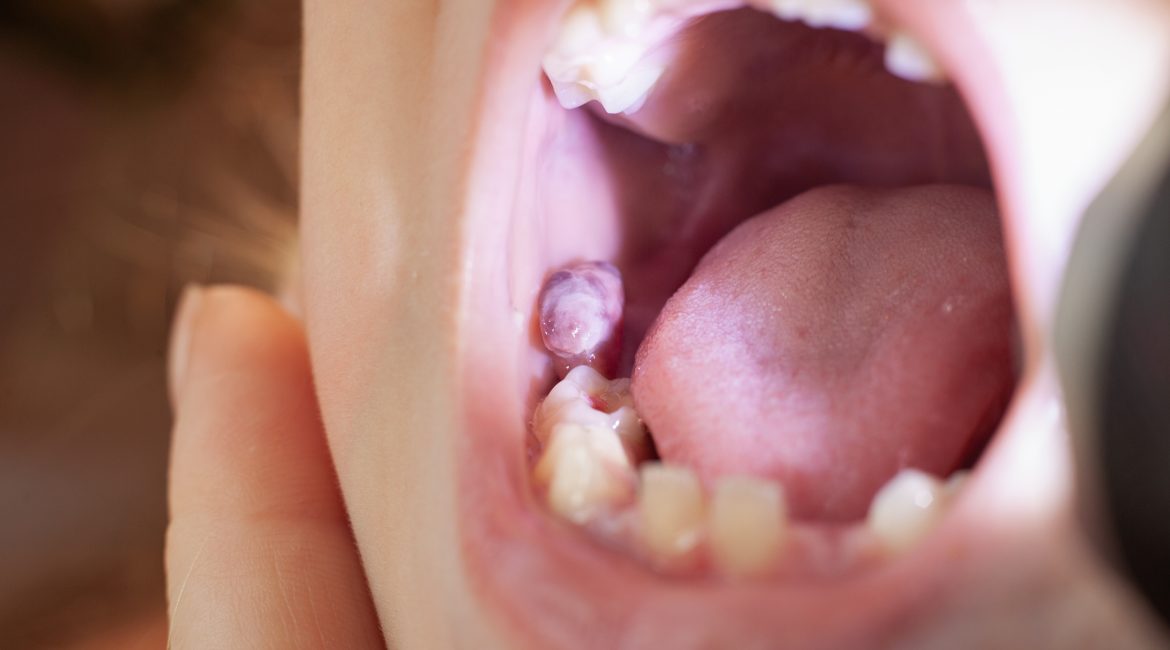Hey there, my friend! Today, let’s dive into a topic that might seem a bit serious, but it’s crucial for our health – the importance of early detection of oral cancer. Now, I know it’s not exactly a light-hearted topic, but it’s something we all need to be aware of because early detection can truly save lives.
So, what exactly is oral cancer? Well, it’s a type of cancer that can affect the lips, tongue, cheeks, floor of the mouth, hard and soft palate, sinuses, and throat. It typically starts as a small, painless sore or growth in the mouth that doesn’t go away. Other symptoms may include persistent mouth pain, difficulty chewing or swallowing, and swelling or lumps in the mouth or neck.
Now, here’s the thing – oral cancer can often go unnoticed in its early stages because symptoms may be subtle or easily mistaken for other oral health issues. That’s why regular dental check-ups are so important. Your dentist is trained to spot early signs of oral cancer during routine examinations, even before you may notice any symptoms yourself.
During a dental check-up, your dentist will perform a thorough examination of your mouth, including your lips, tongue, cheeks, and throat. They’ll look for any unusual changes in tissue color or texture, sores that haven’t healed, lumps, or bumps. Early detection allows for prompt referral to a specialist for further evaluation and biopsy if necessary.
The good news is that when oral cancer is detected early, treatment is often more effective and the prognosis is generally better. Treatment options may include surgery to remove the cancerous tissue, radiation therapy, chemotherapy, or a combination of these treatments. The specific treatment plan will depend on the stage and location of the cancer.
Now, let’s talk about risk factors for oral cancer. While anyone can develop oral cancer, certain factors can increase your risk. Tobacco use, including smoking cigarettes, cigars, or pipes, and chewing tobacco or betel quid, significantly increases the risk of oral cancer. Heavy alcohol use, especially when combined with tobacco use, also raises the risk.
Other risk factors include a history of sun exposure to your lips, a family history of oral or other types of cancer, a weakened immune system, and infection with human papillomavirus (HPV), particularly HPV-16. It’s important to be aware of these risk factors and take steps to reduce your risk whenever possible.
Now, I know talking about cancer can be scary, but there are things you can do to help lower your risk of developing oral cancer. First and foremost, avoid tobacco in all its forms. If you currently smoke or use smokeless tobacco, consider quitting. It’s never too late to quit smoking, and your dentist or healthcare provider can provide resources and support to help you quit for good.
Limiting alcohol consumption can also help reduce your risk of oral cancer. If you choose to drink alcohol, do so in moderation. Eating a balanced diet rich in fruits and vegetables can provide essential nutrients that support a healthy immune system and help protect against cancer.
Practicing good oral hygiene is another important step in reducing your risk of oral cancer. Brush your teeth at least twice a day with fluoride toothpaste, floss daily, and rinse with an antimicrobial mouthwash to help reduce bacteria in your mouth. Regular dental check-ups are essential for early detection of oral cancer and other oral health issues.
So, my friend, let’s make a pact to prioritize our oral health and stay vigilant about early detection of oral cancer. Remember, regular dental check-ups can make all the difference in catching potential problems early and ensuring you receive timely treatment if needed.
Here’s to staying informed, taking care of our health, and spreading awareness about the importance of early detection of oral cancer. Together, we can make a difference in our oral health and overall well-being.

